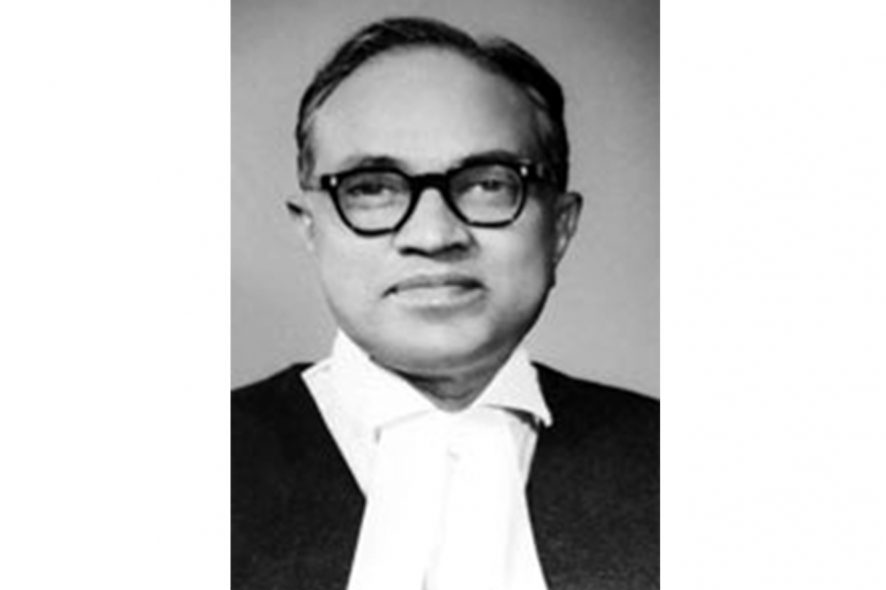“That there may happen cases in which the national Government may be necessitated to resort to force, cannot be denied. Our own experience has corroborated the lessons taught by the examples of other nations; that emergencies of this sort will sometimes arise in all societies, however, constituted; that seditions and insurrections are, unhappily, maladies as inseparable from the body politic as tumors and eruptions from the natural body; that the idea of governing at all times by the simple force of law (which we have been told is the only admissible principle of republican government), has no place but in the reveries of those political doctors whose sagacity disdains the admonitions of experimental instruction.”
—Hamilton (Federalist No. 28)
Article 352(1) provides that the President of India may issue a pro-clamation when he is satisfied that a grave emergency exists whereby the security of India or any part of the territory thereof is threatened by war, external aggression or internal disturbance. Sub-article 3 is to the effect that a proclamation of emergency declaring that the security of India or any part of the territory thereof is threatened by the aforesaid causes, may be issued even before the actual occurrence of them, if the President is satisfied that there is imminent danger thereof. It is proposed to amend the article inter alia by substituting the words “armed rebellion” for those of “internal disturbance”. The proposal would seem to imply that is only when there is an armed rebellion that a grave emergency threatening the security of India or any part of the territory thereof would arise and not when there is an internal disturbance not amounting to an armed rebellion whatever be its magnitude. It is difficult to imagine why if an internal disturbance is of such magnitude as to create an emergency threatening the security of India or any part of the territory thereof the President should have no power to issue a proclamation. It will look ridiculous for the President, the guardian of the security of India to say, that although a grave emergency exists whereby the security of India is threatened, I have no power to issue the proclamation as the threat arises from internal disturbance which is not an armed rebellion. Is there anything sui generis in a grave emergency produced by the threat to the security of India caused by an armed rebellion as contrasted with the one arising from a threat to it by an internal disturbance which does not amount to an armed rebellion necessitating the issue of the proclamation in the one and not in the other. Is the brand of emergency produced by the threat to the security of India in the cauldron of an armed rebellion of such a different kind from the one brewed from that threat in the distillery of an internal disturbance as would justify a different consequence. Unless therefore an apriori assumption is made that a grave emergency threatening the security of India will never arise by reason of an internal disturbance which is not an armed rebellion or that the emergency caused by the threat on account of it is of a different kind as would justify a different treatment, it is difficult to perceive the point of the proposed amendment.
To answer the question whether these a priori assumptions can be made [Read more…]
———
* Former Judge, Supreme Court of India.
** This Article was first published in Supreme Court Cases (1978) 3 SCC J-27. It has been reproduced with the kind permission of Eastern Book Company.






